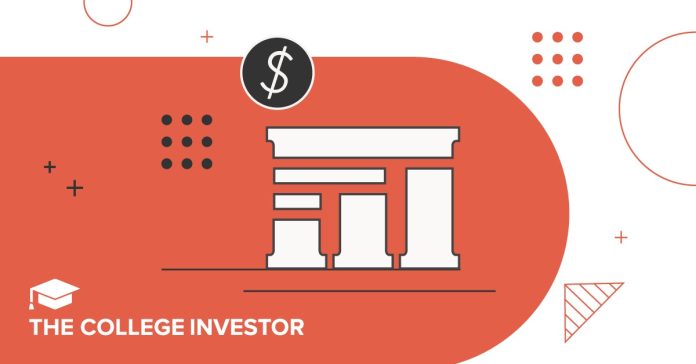- The Consumer Financial Protection Bureau is taking action against the National Collegiate Student Loan Trusts after a legal fight that reached the Supreme Court.
- Affected borrowers may receive $2.25 million in compensation, pending court approval of a proposed settlement.
- Allegations involve improper lawsuits, misleading affidavits, and attempts to collect on time-barred debts.
The Consumer Financial Protection Bureau (CFPB) took a major step by moving forward in a settlement against the National Collegiate Student Loan Trusts, an organization behind billions of dollars in private student loans. The move follows a protracted legal battle that included appeals to the Supreme Court, ultimately upholding a lower court’s ruling in the CFPB’s favor.
The Trusts stand accused of filing thousands of lawsuits against borrowers without sufficient proof of the debts they claimed were owed. Regulators say these suits relied on flawed affidavits, improper notarization, and attempts to collect debts beyond the statute of limitations. These practices, according to the CFPB, skirted federal consumer protection rules and placed undue strain on borrowers.
National Collegiate Student Loan Trusts was the largest student loan trust and originally held $1.4 billion in student loans.
Settlement With National Collegiate Student Loan Trusts
In a proposed settlement, the Trusts could be required to pay $2.25 million to borrowers who were adversely affected. The CFPB’s plan also calls for an end to certain pending collections where supporting documents are unavailable or debts are beyond legal time limits. Observers view this as a significant move toward addressing what the bureau describes as longstanding concerns in private student lending.
The legal saga dates back to 2017, when the CFPB first claimed that the Trusts and their subservicers had systematically brought lawsuits against borrowers without sufficient documentation. The agency alleges that false statements were sometimes used to support these claims, including sworn affidavits from individuals lacking firsthand knowledge of the loan details.
In the years since, the Trusts argued they were not “covered persons” under the Consumer Financial Protection Act, contending that, as securitization vehicles, they should be exempt. However, the Third Circuit Court of Appeals disagreed, ruling in March 2024 that the Trusts do fall under the CFPB’s jurisdiction. A subsequent appeal to the Supreme Court was declined, leaving the decision intact.
CFPB Focus On Student Loan Borrowers
The CFPB insists these actions are part of a broader effort to safeguard students who took on private loans under uncertain circumstances. During the leadup to the financial crisis, many lenders bundled student loans into securities. That process, while profitable for some investors, created complex structures, including the group of 15 trusts known as the National Collegiate Student Loan Trusts.
According to the bureau, the Trusts must cease collecting on specific debts that lack proper documentation or fall outside legal collection windows. The CFPB also seeks to address future practices by requiring stronger controls on the documentation needed before a lawsuit can be filed.
These measures aim to protect borrowers from what regulators consider unfair or deceptive tactics.
Moving Forward
The proposed settlement outlines the scope of monetary relief as well. Should the agreement receive court approval, the Trusts would direct $2.25 million to the CFPB, which is expected to disburse those funds to borrowers affected by improper legal actions. Officials say these proceeds are intended to compensate for emotional and financial distress experienced by those targeted in flawed suits.
Consumer advocates see this as a turning point in the regulation of private lending. Many borrowers had difficulty defending themselves against aggressive legal maneuvers, partly due to the technical complexity of loan securitization. By taking this action, the CFPB appears poised to send a message that misrepresentations and unverified claims will not be tolerated.
The resolution of this dispute now depends on the court’s response to the proposed order. If approved, it could shape the way similar entities handle debt collection in the future. For affected families, it could mark the end of longstanding disputes over documentation, as well as a financial boost that might relieve some burdens tied to student loan repayment.
Don’t Miss These Other Stories:
Student Loan Debt Trends By Age And Borrower Type
How To Qualify For Public Service Loan Forgiveness (Guide)
Student Borrower Defense: Did Your School Lie For College Rankings?
Create your very own Auto Publish News/Blog Site and Earn Passive Income in Just 4 Easy Steps







